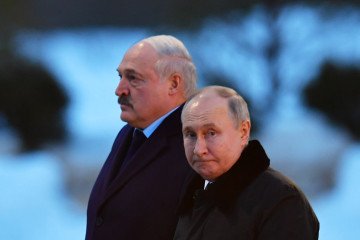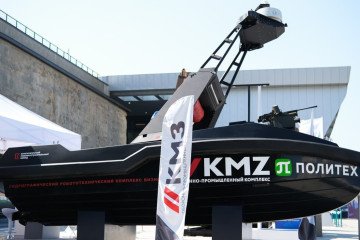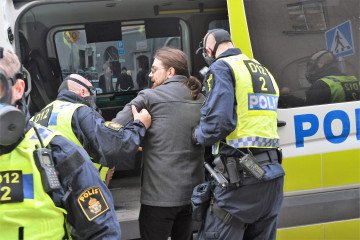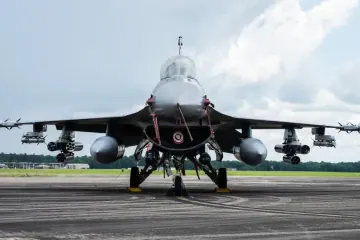- Category
- Latest news
Kremlin: War in Ukraine Won’t End Without Addressing NATO’s Expansion in Eastern Europe
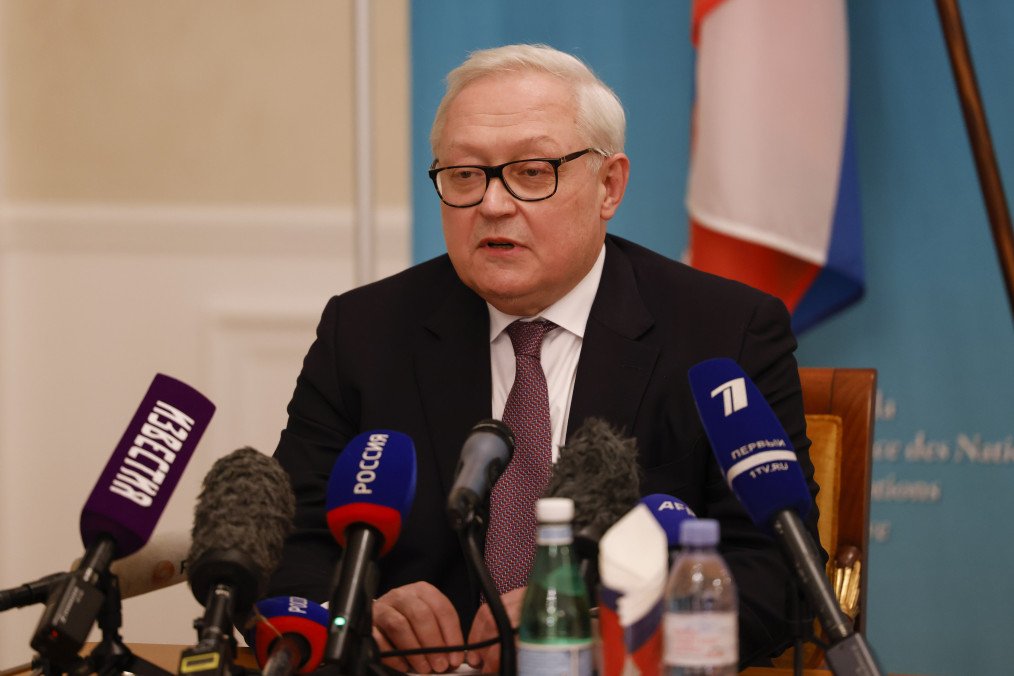
The war in Ukraine will not end until NATO removes its military presence from Eastern Europe, Sergei Ryabkov, Russia’s deputy Foreign Minister in charge of relations with the US, nonproliferation, and arms control warned in an interview with the Russian state media TASS on June 9.
“The American side requires practical steps aimed at eliminating the root causes of the fundamental contradictions between us in the area of security. Among these causes, NATO expansion is in the foreground,” Ryabkov stated.
“Without resolving this fundamental and most acute problem for us, it is simply impossible to resolve the current conflict in the Euro-Atlantic region,” he added.
Regardless of how negotiations evolve, Ryabkov added, a reduction of NATO forces in Eastern Europe would likely benefit the security of the entire continent.
“In the proposals we sent to Washington and Brussels back in December 2021,” he said, “we emphasized the need for legally binding, long-term guarantees that NATO would not expand eastward, and demanded a ban on the deployment of strike weapons near Russia’s borders. There were other elements as well.”
Ryabkov claimed the roots of the war lie not only in Ukraine but also in what the Kremlin views as NATO's eastward expansion. He argued that only a NATO military withdrawal from Eastern Europe could help bring the war to a close.
“Resolving the conflict requires addressing these root causes,” Ryabkov insisted.
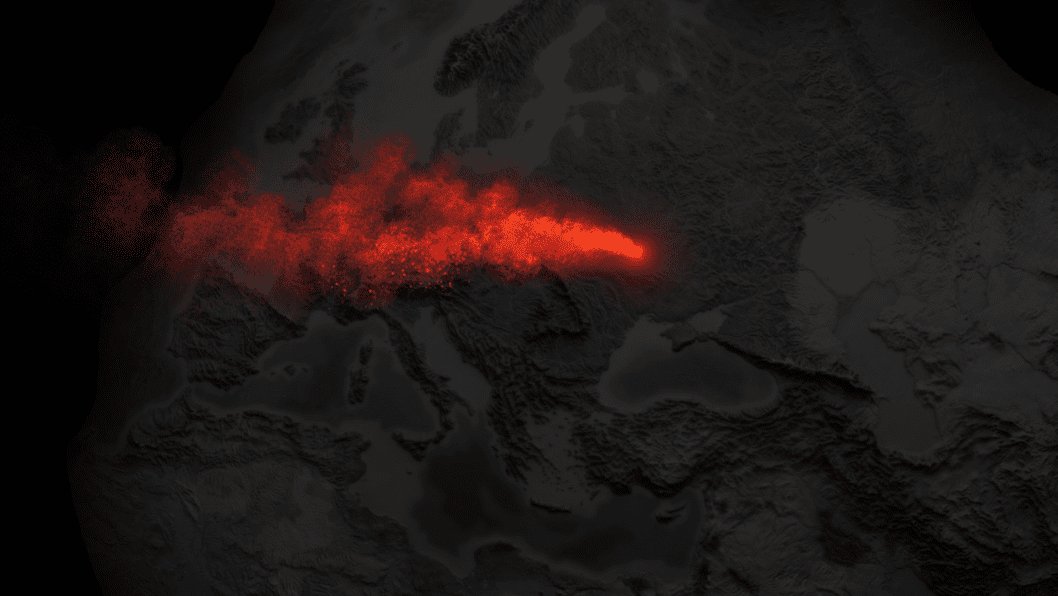
NATO currently maintains a robust presence in Eastern Europe, with multinational battle groups and brigades stationed in Estonia, Latvia, Lithuania, Poland, Romania, Bulgaria, Slovakia, and Hungary. Following Russia’s full-scale invasion of Ukraine in 2022, the alliance significantly ramped up its troop levels and rotational deployments in the region.
In a June 6 update, NATO emphasized that these eight multinational battle groups “demonstrate the strength of the transatlantic bond and the Alliance’s solidarity, determination, and ability to respond to any aggression.”
In addition, Finland and Sweden have joined NATO since the war began—two historically neutral states that now cite Russian aggression as a primary reason for their accession.
Ryabkov’s statements underscore a deepening hostility toward NATO, as the Kremlin seeks to recast the war in Ukraine as part of a broader geopolitical struggle with the West. While Moscow initially justified its invasion with claims of “demilitarizing” and “denazifying” Ukraine, the focus has increasingly shifted toward NATO’s presence in Europe.
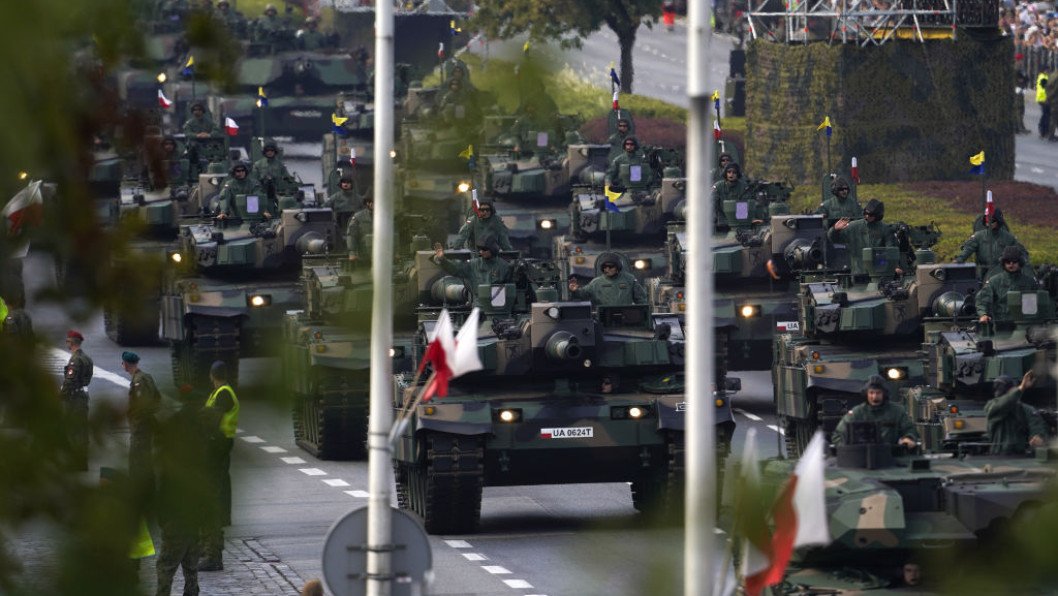
The Russian official’s framing of NATO as the root cause of the war signals Moscow’s attempt to redirect both blame and negotiating terms. However, there is no indication that NATO is considering a withdrawal from the Baltics, nor has Ukraine suggested it would abandon its Western orientation.
Earlier, Bruno Kahl, head of Germany’s Federal Intelligence Service (BND), warned that Russia intends to test NATO’s resolve by expanding its confrontation with the West beyond Ukraine.
The agency chief stated that BND possesses clear intelligence indicating that Russian officials no longer see NATO’s collective defense commitments as practically enforceable.
“We are quite certain, and we have intelligence showing it, that Ukraine is only a step on the journey westward,” Kahl said.
“They don’t need to dispatch armies of tanks for that,” he said. “It’s enough to send little green men to Estonia to protect supposedly oppressed Russian minorities.”

The statement reflects a notable evolution in Russia’s public demands. Moscow had previously said Ukraine’s NATO ambitions were a red line, but Ryabkov’s latest comments broaden that stance significantly—implying that NATO’s existing deployments in Estonia, Latvia, and Lithuania are also unacceptable.


